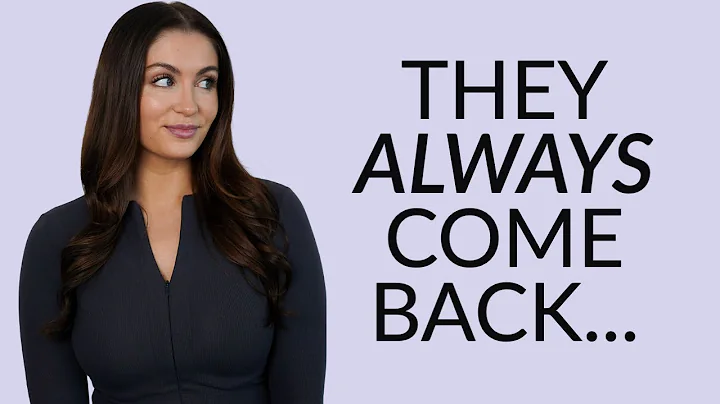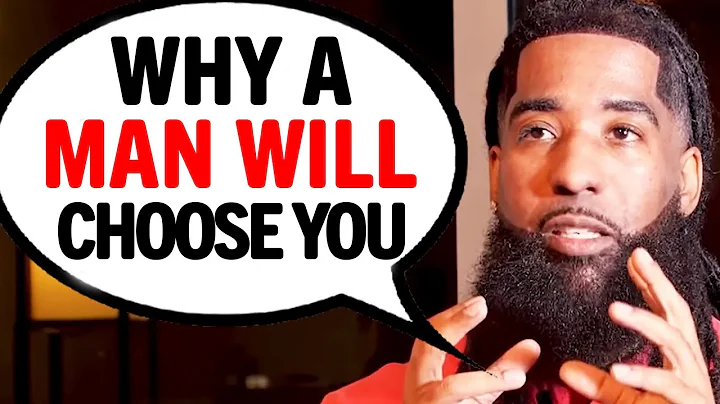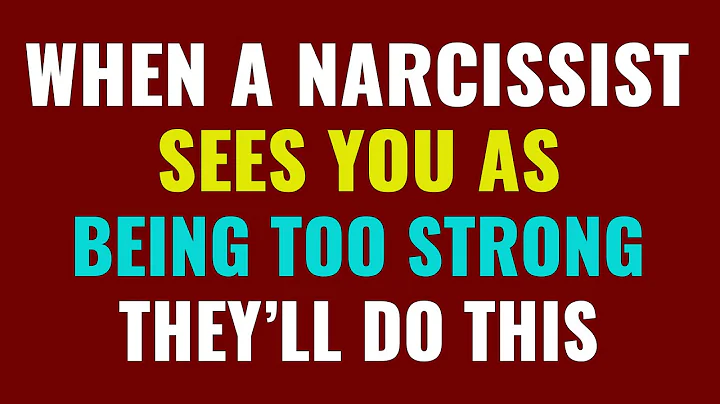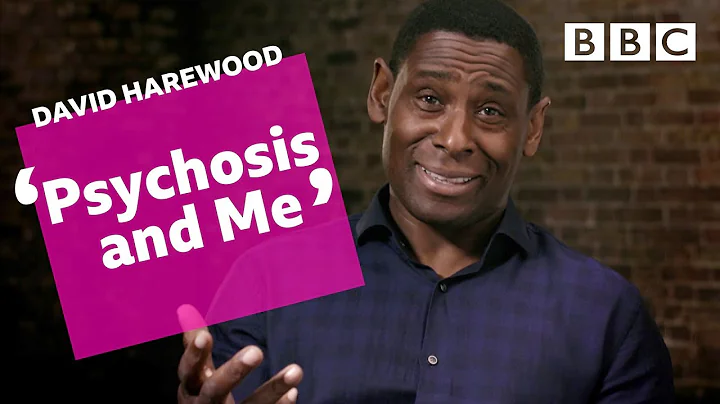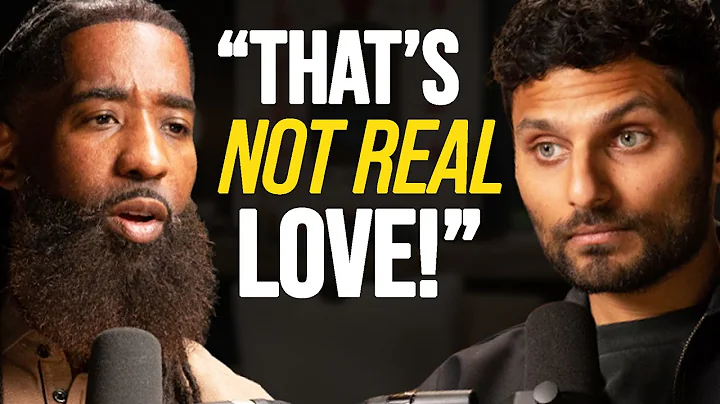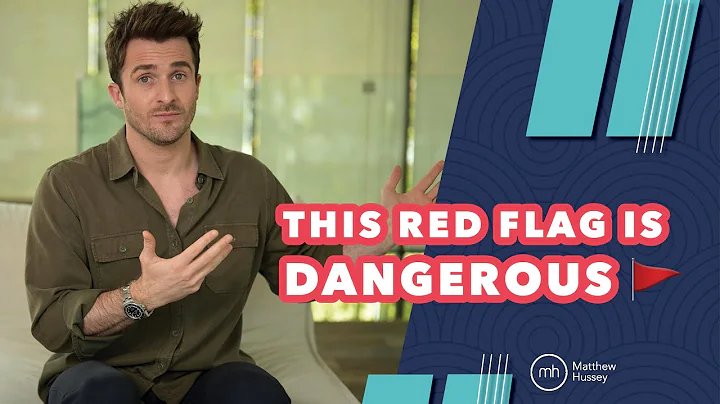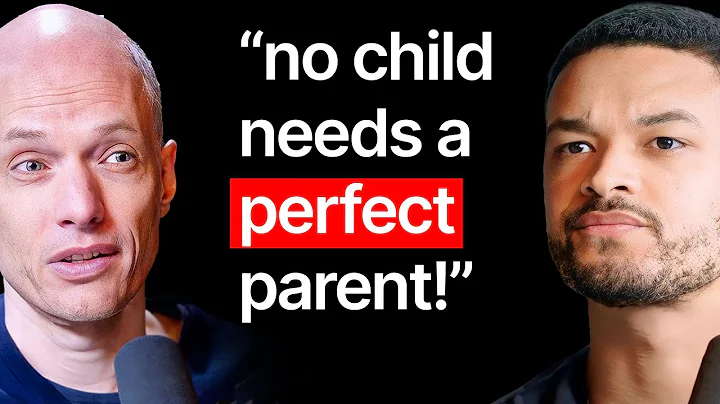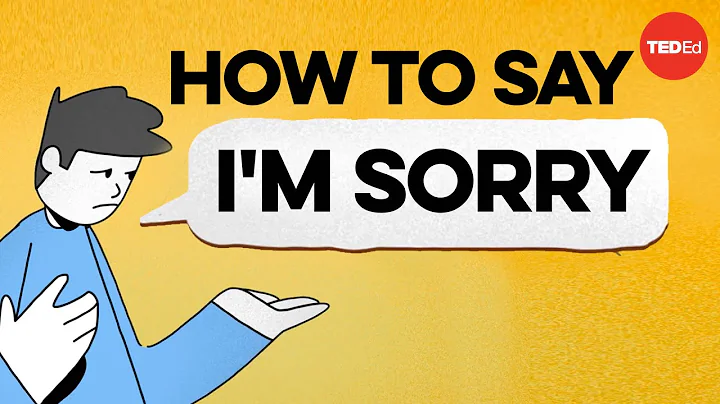
Just asking...
Generally speaking, the idea of loving two people at the same time is weird, in a romantic sense.
After all, it's widely believed that you can't love someone new without first hurting the person you love - which would certainly require emotional deception, after all - how could you possibly do that to someone you love?
But time and time again, people find themselves in this dilemma, trapped between two lovers, with genuine feelings for both of them.
So, what gives? Does this mean you don't really love any of them? Or is it really possible to love multiple people at once?
What do psychologists say?
The short answer is yes, on a psychological level you can love more than one person at a time.
After all, love is nothing more than a chemical reaction—a “neurochemical high”—and these reactions are not bound by social restrictions or expectations.
"When we fall in love, certain chemicals are released, such as dopamine and oxytocin , which are associated with feelings of pleasure, warmth and excitement," Consulting Psychologist and Chelsea Psychology Clinic explains Dr. Elena Turoni, co-founder of .
' almost have a chemical explosion; they produce intense feelings of excitement and desire for another person, and (possibly) a desire for sexual intimacy.
What do sociologists say?
According to Elena, if our needs are fully met, we rarely have room to fall in love with another person.
"When our needs are not met, it often creates psychological space for another romantic attachment to develop," she says.
But is it realistic to assume that you will get all your needs from one person? In a monogamous society, you would expect the answer to be yes (although it would be healthy to move away from this belief), but the question of whether humans are born monogamous or learned is entirely up for debate.

Is monogamy a social construct?
Dr. Eli Sheff is a sociologist and one of the few academic experts on global polygamy, and we know that monogamy is a social construct.
She said, "Monogamy used to mean you only had one partner in your life."
"You married as a virgin and if your spouse died before you, you were celibate for the rest of your life, especially if you were Women.
“It’s not what people call monogamy anymore – now, it means being with one person at a time… partly because we live so much longer. "
Our definition of monogamy has changed with our changing society, which means it's more likely to be a social construct than an inherent human quality - for polyamorous people , it is certainly possible to love more than one person at a time.
What does it mean to love two people at the same time?
"I think of it as an extension cord, but instead of power, the outlet provides love," said Eli. Some people have only one plug but it is fully loaded, some have two or three and when they are full at the same time they are completely saturated, and some have an unlimited number of plug sockets.
She added that for those in non-monogamous relationships, loving multiple people is like a parent loving their child.
"You can love your child and have another child and still Love the first child.
"Maybe you love those kids differently - one of them is super cute and needy and the other is fiercely independent and just wants your car keys - your relationship with them is different, but your love for either one is different. would be less.
This is the response from Poppy who is currently in a non-monogamous relationship
“I don’t think you can quantify how much you love someone or how much you love them,” she said. As with pursuing a monogamous relationship one after another, it will feel different for each person.
“This is not a more or less love, but a unique love.”

Loving more than one partner is akin to loving more than one child
His point brings us back to Elena’s comment about needs: For many people in polyamorous relationships, being able to get different things from different partners The thing is a bonus.
Elise, 25, had an open relationship when she was younger, with the caveat that only one of her partners knew about the other.
She told Metro, "I loved them both. The reasons are very different. "
" Each of them brought out a different side of me, but I knew I didn't love them enough to be with one of them either.
As for whether you can actually love someone if you are willing to hurt them, Eli said that hurting the people we love is an "ancient human tradition."
Conclusion: Can you love two people at the same time?
Although this It's obviously possible, but loving two people at the same time is still pretty taboo - it's more important to consider how you act on those feelings
Cheating emotionally or physically is one thing, but trying to start a consensual relationship. Open relationships are another story.
As Elise said: “One thing I wish I had done differently is actively choosing partners who were interested in non-monogamy because of the potential for emotional discomfort. smaller. "
